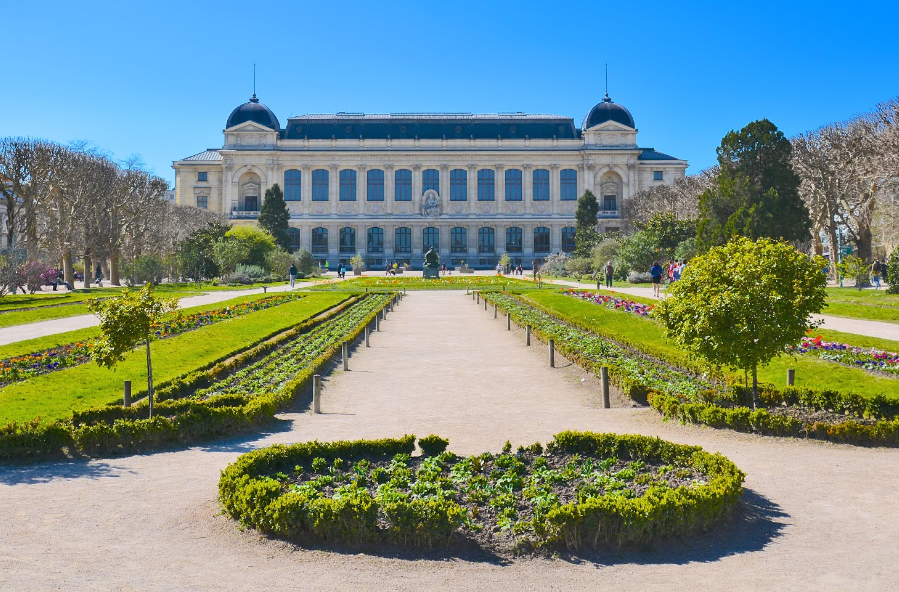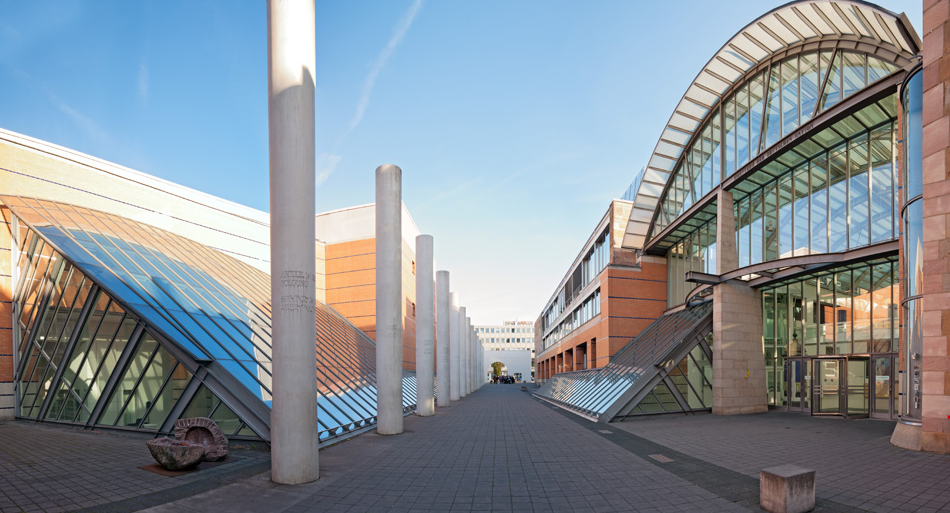Welcome to the Benin National Museum, a treasure trove of Benin City’s rich cultural heritage. As a country expert, I am delighted to take you on a journey through the history, collections, and significance of this remarkable institution. Located in the heart of Benin City, Nigeria, the museum stands as a testament to the vibrant legacy of the Benin Kingdom and its people.
Historical Background of the Benin National Museum
The Benin National Museum traces its origins back to the early 20th century when the British Punitive Expedition of 1897 resulted in the looting of thousands of priceless Benin artifacts. These artifacts were later sold and scattered across museums and private collections around the world. In response to this cultural loss, the museum was established in 1973 to preserve and showcase the cultural heritage of Benin City.
Significance and Importance of the Benin National Museum
The Benin National Museum holds immense cultural and historical significance, not only for the people of Benin City but also for Nigeria and the global community. It serves as a symbol of resilience, reminding us of the enduring spirit of the Benin people in the face of adversity. The museum plays a vital role in promoting cultural identity, fostering pride, and preserving the collective memory of the Benin Kingdom.
Overview of the Collections
The museum boasts a diverse range of exhibits and artifacts that offer a comprehensive glimpse into the rich heritage of Benin City. The centerpiece of the collection is undoubtedly the traditional Benin Bronzes, renowned for their exceptional craftsmanship and artistic excellence. These exquisite bronze sculptures depict the royalty, rituals, and daily life of the Benin Kingdom. In addition to the bronzes, the museum also houses ethnographic collections representing the cultural diversity of the region.
Architecture and Design of the Benin National Museum
The museum’s architecture and design are inspired by traditional Benin motifs, creating a harmonious blend of modern aesthetics and cultural heritage. The distinctive building features intricately carved wooden panels, reflecting the mastery of Benin artisans. The design itself is a work of art, offering a visually captivating experience to visitors.
Cultural and Educational Programs
The Benin National Museum actively engages with the local community and visitors through its cultural and educational programs. Workshops, seminars, and interactive sessions are organized to promote awareness and understanding of Benin’s rich cultural heritage. The museum also hosts cultural festivals and events, showcasing traditional music, dance, and performances.
Conservation and Preservation Efforts
Preserving and protecting the priceless artifacts housed within the museum is of paramount importance. The museum employs modern conservation techniques and best practices to ensure the longevity of the collections. Conservation experts work tirelessly to restore damaged artifacts, employing scientific methods while respecting the traditional craftsmanship.
Visitor Experience and Amenities
Visitors to the museum can enjoy a range of amenities and services. The museum is open from 9 am to 4 pm, Tuesday to Sunday, and is closed on Mondays and public holidays. Admission fees are affordable, and discounts are available for students and groups. Guided tours are offered in multiple languages, providing visitors with insights into the collections’ cultural and historical significance.
The museum shop offers an array of souvenirs and gifts, including replica Benin Bronzes, books, and traditional crafts. The museum cafeteria serves refreshments and snacks, providing visitors with a space to relax and recharge after exploring the collections.
Impact on Local Community and Tourism
The Benin National Museum plays a significant role in the local community and tourism industry. It serves as a cultural and educational center, promoting awareness and appreciation of Benin’s cultural heritage. The museum also contributes to the local economy, providing employment opportunities and attracting tourists from around the world.
Partnerships and Collaborations
The museum collaborates with local and international organizations to promote cultural exchange and facilitate research. It partners with universities and research institutions to conduct research on Benin’s cultural heritage, fostering academic excellence and knowledge dissemination.
Digital Initiatives and Online Resources
The museum has embraced digital technologies to enhance the visitor experience and promote access to the collections. The museum’s website offers online exhibits, virtual tours, and educational resources, making the collections accessible to a global audience. The museum’s social media platforms provide real-time updates and insights into the museum’s events and activities.
Challenges and Future Plans for Benin National Museum
The museum faces several challenges, including funding constraints, inadequate facilities, and the need to balance preservation with access to the collections. The museum is exploring innovative approaches to address these challenges, such as public-private partnerships, fundraising campaigns, and capacity-building initiatives.
The museum’s future plans include expanding its collections, upgrading its facilities, and leveraging digital technologies to enhance the visitor experience. The museum aims to establish itself as a leading cultural institution in Nigeria and the African continent, promoting awareness and appreciation of Benin’s rich cultural heritage.
Conclusion
The Benin National Museum is a testament to the rich cultural heritage of Benin City. The museum’s collections and exhibits offer a comprehensive glimpse into the artistic, social, and political legacy of the Benin Kingdom. The museum’s role in promoting cultural identity, preserving memory, and fostering pride is invaluable. As a country expert, I highly recommend visiting the Benin National Museum and experiencing firsthand the richness and diversity of Benin’s cultural heritage.
FAQs
- What are the opening hours of the Benin National Museum?
The museum is open from 9 am to 4 pm, Tuesday to Sunday, and is closed on Mondays and public holidays.
- What is the significance of the traditional Benin Bronzes?
The traditional Benin Bronzes are renowned for their exceptional craftsmanship and artistic excellence, depicting the royalty, rituals, and daily life of the Benin Kingdom.
- Does the museum offer guided tours?
Yes, guided tours are offered in multiple languages, providing visitors with insights into the collections’ cultural and historical significance.
- Can visitors purchase souvenirs at the museum shop?
Yes, the museum shop offers an array of souvenirs and gifts, including replica Benin Bronzes, books, and traditional crafts.
- What are the museum’s future plans?
The museum’s future plans include expanding its collections, upgrading its facilities, and leveraging digital technologies to enhance the visitor experience and establish itself as a leading cultural institution in Nigeria and the African continent.
References
- Aisien, E. (2009). Treasures of ancient Benin: A catalogue of the collection of the National Museum, Benin City, and University of Ife, Ile-Ife. Nigeria: Federal Department of Antiquities.
- Ben-Amos, P., & Arinze, E. (Eds.). (2000). Museums in Africa: Proceedings of the Symposium on the Development and Role of Museums in Africa. Bloomington, IN: Indiana University Press.
- Darah, G. G. (2001). Benin City and the National Museum: Some reflections on the controversies. African Arts, 34(3), 46-53.

